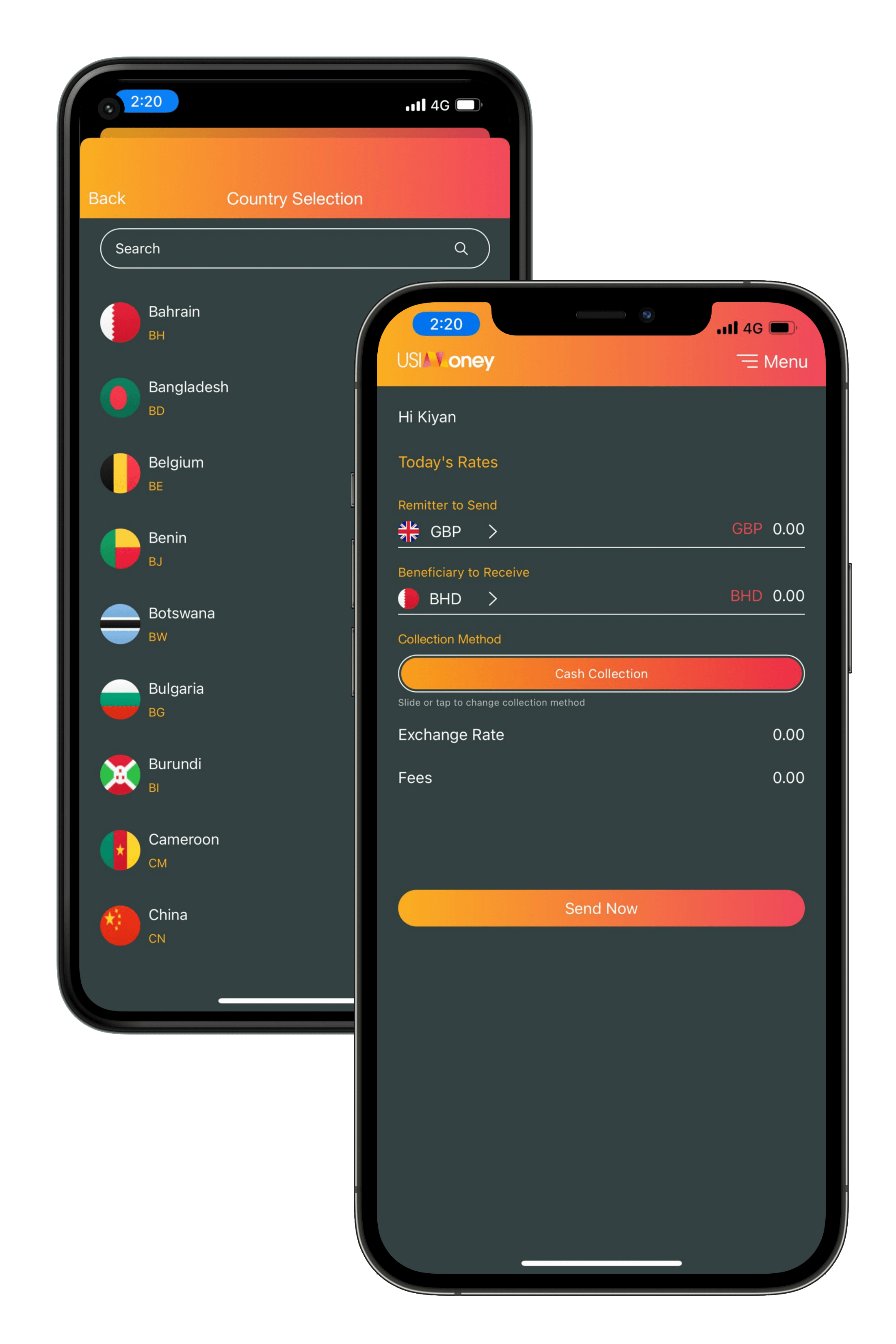
Today, the British pound has experienced a noticeable dip following the announcement that UK inflation has declined to 1.7%. For many, this figure might seem like just another statistic, but it carries significant implications for individuals and businesses alike—especially those involved in global payments, remittances, and foreign exchange.
At USI Money, we understand that currency fluctuations can have a direct impact on your financial decisions. Whether you’re sending money abroad, managing corporate payments, or monitoring exchange rates for personal transactions, it’s important to understand what this drop means and how it might affect your future transactions.
Why Did the Pound Fall?
The pound’s decline today is closely tied to the fall in the UK inflation rate, which has dropped from previous higher levels to 1.7%. Inflation measures the rate at which the cost of goods and services is increasing, and a lower inflation rate usually signals slower economic growth. The Bank of England had targeted a 2% inflation rate, and this decline below that target raises questions about the overall strength of the UK economy.
Lower inflation typically reduces the likelihood of interest rate hikes by the central bank. With no immediate interest rate increases expected, investors often pull back on investments in the currency, which in turn causes the pound to lose value.
How Does This Impact Exchange Rates?
When the value of the pound falls, it has a direct impact on exchange rates. For those of you sending money from the UK to countries abroad, this could mean that your money may not stretch as far as it did just a few weeks ago. A lower pound means you will need to send more GBP to reach the same amount in your recipient’s currency.
For example:
- If you’re sending money to countries with stronger currencies like the USD or EUR, you might notice that the amount of local currency your recipient receives has decreased.
- Similarly, for businesses handling cross-border transactions, the falling pound could affect your cost structures, especially if you’re dealing with imports or overseas payments.
At USI Money, we provide up-to-date exchange rates that reflect these changes in real-time. This allows you to make informed decisions when sending money globally.
What Should You Do?
If you’re planning to make an international payment soon, here are some tips on how to navigate this period of currency volatility:
- Monitor Exchange Rates Closely: Stay informed about currency trends and exchange rate fluctuations. Use USI Money’s real-time exchange rate tracker to help you make timely and cost-effective transactions.
- Lock in Rates: If you are concerned about further declines in the pound, consider locking in today’s exchange rates to safeguard against potential losses in value.
- Plan Ahead: For businesses, managing overseas payments is all about timing. Try to plan your transactions strategically, taking advantage of favourable market conditions.
How USI Money Can Help
At USI Money, we know that global payments are influenced by market shifts like the pound’s fall today. We are committed to offering you the tools and support to make sure your money reaches its destination efficiently and at the best possible rate.
Our competitive rates, fast transfers, and secure platform ensure that whether you are sending money to family or managing corporate remittances, you get the most value out of your transactions. Our team is also here to guide you through the process, helping you make the best financial decisions in the face of market changes.
Stay ahead of the market with USI Money, and let us help you navigate these uncertain times with confidence.
For the latest exchange rates and to learn more about how USI Money can support your global payment needs, visit our website or contact our customer service team today.
